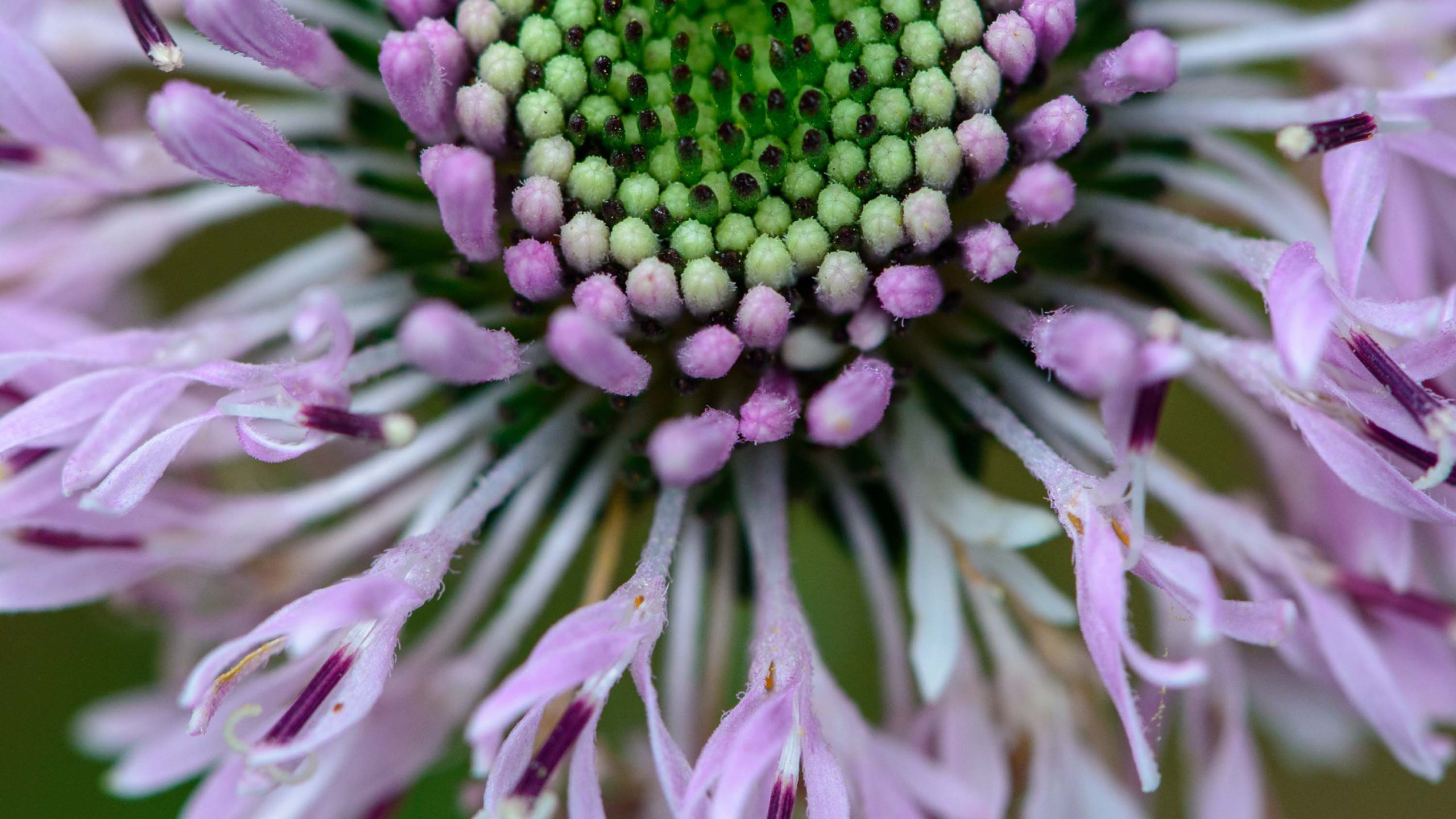Duke Gardens will not be hosting school programs and groups in 2025 or spring 2026 while we embark on construction of the Garden Gateway project. We will continue to update this website with information about potential programs as this project progresses.
School & Group Programs
Expand the walls of your classroom on a visit to Duke Gardens.
Duke Gardens is not accepting requests for guided and self-guided field trips for the 2025-2026 school year. Field trip requests for the 2026-2027 school year will open on September 1, 2026. We apologize for the inconvenience.
If you have questions, please contact us at 919-668-1707 for GardensEducation@duke.edu.
If you are looking for college/university programs, please visit our university programs page for more information.

School Visit Opportunities
Self-Guided Groups: UNAVAILABLE
Advance registration is required so that we may coordinate your visit with other schedules. We will accommodate your visit on a first-come, first-served basis. Once we reach capacity, those groups without pre-registration may be asked to reschedule their visit.
Registered self-guided visits are free.
Self-guided groups may reserve a visit Monday-Friday either from 9 a.m. to noon or from 1 to 3 p.m. If you need more time for your visit, please let us know when you submit your request.
Use any of our self-guided visit resources during your visit.
Guided School Programs: UNAVAILABLE
Guided School Programs are currently unavailable.
Our guided school programs are designed to support Common Core as well as the North Carolina Standard and Extended Course of Study.
Guided school programs are available Tuesday through Friday at the following times, for groups of no more than 90 students. If you wish to bring more than 90 students, please contact us to see if we may be able to accommodate your group.
| PreK & K | First-Twelth Grades | Self-guided |
| 10-11 a.m. | 9:30-11 a.m | 9-noon |
| 11-noon | 10-11:30 a.m. | 1-3 p.m. |
| 1-2 p.m. | 10:30-noon | |
| 1-2:30 p.m |
The “Garden Discovery” program is $3 per student with a $30 minimum. All other programs are $5 per student with a $50 minimum. Programs are free for Durham Public Schools.
Accessibility: Duke Gardens works to ensure all students are able to participate fully on all field trips. Please let us know if you have students coming on your field trip who could benefit from modifications or adaptations to the program instruction or navigation in the Gardens to meet their IEP or other needs (e.g. language barriers, instructor for behavioral or social needs, additional visuals, tactile tools, additional instructors, etc.).
Please do not disclose personal student information, but let us know if there are tips, tricks, tools or changes we should consider for our program to support learning for all your students.
Chaperones: Adult chaperones are required for all youth groups. We recommend a ratio of 1 chaperone per 15 students, but we cap the number of chaperones at a ratio of 1 chaperone for every 5 students. We cannot accommodate siblings that are not program participants.
Weather: We do take groups out in the rain unless there is threatening weather that includes lightning. In that case, we will reschedule.
Emergency Preparedness: Remember to bring any medications students might need for bee stings and bug bites, asthma attacks, etc.
Cancellation Policy: You may cancel your enrollment and receive a refund of your fee up to a week before the date of your program. Any program canceled by Duke Gardens will result in a complete refund. To request a guided school program, please complete our online request form.
Guided Programs for Homeschool Groups: UNAVAILABLE
Guided Programs for Homeschool Groups are currently unavailable.
Homeschool groups are welcome to choose from our list of guided school programs or request a topic of your choice.
Guided homeschool programs are available Tuesday through Friday at the following times:
| PreK & K | First-Twelth Grades | Self-guided |
| 10-11 a.m. | 9:30-11 a.m | 9-noon |
| 11-noon | 10-11:30 a.m. | 1-3 p.m. |
| 1-2 p.m. | 10:30-noon | |
| 1-2:30 p.m |
Each program is 60-90 minutes, depending on the age and grade of participants. Fee of $8 per student per program, with an $80 minimum. Any remaining balance is due one week prior to the date of your program.
Important information for guided trips:
Accessibility: Duke Gardens works to ensure all students are able to participate fully on all field trips. Please let us know if you have students coming on your field trip who could benefit from modifications or adaptations to the program instruction or navigation in the Gardens to meet their IEP or other needs (e.g. language barriers, instructor for behavioral or social needs, additional visuals, tactile tools, additional instructors, etc.).
Please do not disclose personal student information, but let us know if there are tips, tricks, tools or changes we should consider for our program to support learning for all your students.
Chaperones: Adult chaperones are required for all youth groups. We recommend a ratio of 1 chaperone per 15 students, but we cap the number of chaperones at a ratio of 1 chaperone for every 5 students. We cannot accommodate siblings that are not program participants.
Weather: We do take groups out in the rain unless there is threatening weather that includes lightning. In that case, we will reschedule.
Emergency Preparedness: Remember to bring any medications students might need for bee stings and bug bites, asthma attacks, etc.
Cancellation Policy: You may cancel your enrollment and receive a refund of your fee up to a week before the date of your program. Any program canceled by Duke Gardens will result in a complete refund. To request a guided school program, please complete our online request form.
Additional Resources

Self-Guided Resources for Schools

Videos & Virtual Resources
We also offer programs for teachers. Email GardensEducation@duke.edu to learn more about teacher professional development opportunities.
Contact Us ›
Questions about school and group programs?
Please contact us at 919-668-1707 or GardensEducation@duke.edu.
